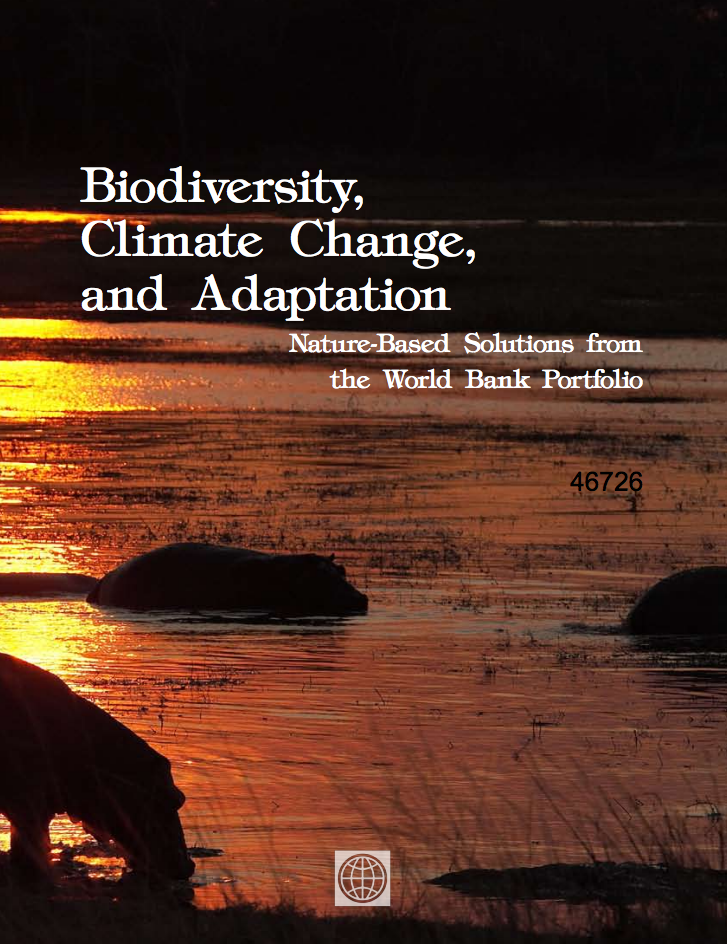Forest, Trees, and Woodlands in Africa : An Action Plan for World Bank Engagement
The purpose of this paper is to outline
an approach for Bank engagement in forests, trees, and
woodlands on farms in Sub-Saharan Africa for the coming five
years. The paper takes the framework of the Africa
development strategy, which has two main pillars: supporting
employment and competitiveness, and building resilience and
reducing vulnerability; and one underlying foundation:
strengthening capacity and governance. It is consistent with



